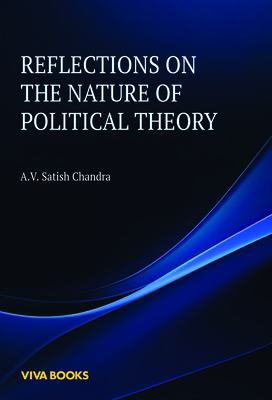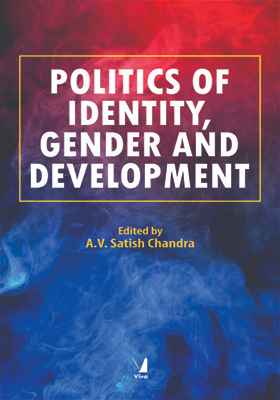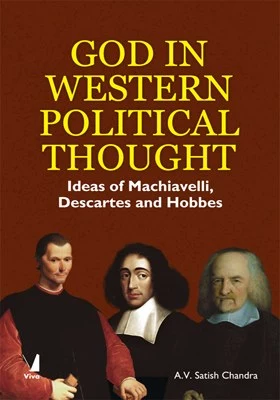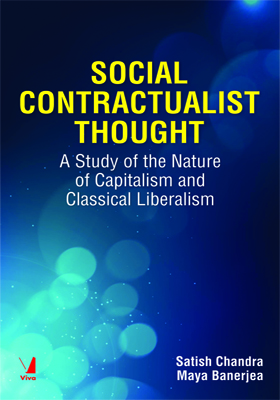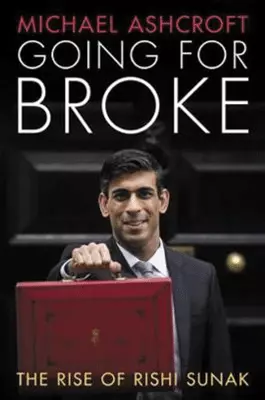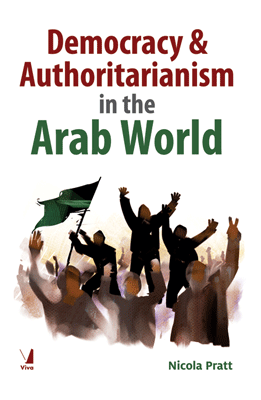Indian Politics in the Twenty First Century
Indian Politics in the Twenty First Century
Electoral Politics Plus Deliberative Politics—The Way Forward
₹625.50 ₹695.00 Save: ₹69.50 (10%)
Go to cartISBN: 9788130918099
Bind: Hardbound
Year: 2020
Pages: 156
Size: 6 x 9 Inch
Publisher: Viva Books Originals
Sales Territory: Worldwide
In the modern period of human history, which is the true Common Era, democracy as a concept has attained not just acceptability but unprecedented sanctity by the time the 21st century came into being. However, the concept itself is not perfect even though people believe the construct of one-person- one-vote makes democracy truly representative. This book demonstrates to the contrary that as far as representing every person in society is concerned, democracy as we know it now is incapable of doing this. It is at best a majoritarian system where a winning candidate represents not just those who voted for that person but also those who voted against. This is a serious flaw that needs rectification. Otherwise a number of people in society go unrepresented or worse still represented by one whom they did not believe to be capable of being their representative.
This book not only looks into how such a system has evolved over time and what are the difficulties that it creates. That means that not only does the book look into the positives but also the negatives that democracy in the present contains. It also goes on to prescribe changes and enhancements that can be made to the existing concept of democracy to make it better and more representative than it is today. In doing so it also puts the idea of education at the centre of things and demonstrates how a good education system can be used for the enhancement of representation in a democracy. So this book is as much a treatise about education as it is about democracy and politics and the shape they need to take in the 21st century.
The book takes a look at various developments in Indian politics. Its inspiration came from the way in which the separate Telangana state was created but it does not confine itself to this aspect. This aspect forms a minuscule aspect of the book. The book actually tries to understand how Indian politics have become stratified along the lines of caste mainly and also along the lines of regionalism. It then tries to understand the systemic failures that have led to this situation which began around 1989 with the V. P. Singh government trying to use the Mandal Commission Report to gain an upper hand over Devi Lal but ending up in making the BJP a national force and alternative to the Congress. It talks about the evils that have happened and are likely to happen if things are allowed to continue in this way.
The book talks about synthesizing electoral or representational politics with deliberative or discursive politics.
Target Audience:
Useful for the students and academicians of Political Science.
Contents:
Acknowledgements
Chapter 1: Introduction
Chapter 2: The Complexities of Indian Politics and Difficulty in Putting them into an Existing Framework
Chapter 3: Understanding Liberal Philosophy
Chapter 4: Locke, Civil Society and Exclusion
Chapter 5: The Emergence of Democracy from Liberal Philosophy
Chapter 6: What is Democracy Really?
Chapter 7: Can an Electoral Representative Democracy be a True Democracy?
Chapter 8: India and Its Political System as They Appear Today
Chapter 9: Who Starts Agitations and Why?
Chapter 10: Th e Mythology Behind Projecting Plutocracies as Democracies
Chapter 11: Power and the Substance of Democracy
Chapter 12: Ineffective Political Leadership, Collapsing Public Institutions and a Nation whose Future is in Jeopardy
Chapter 13: Corruption, Civil Society Activism and Other Impedimenta of Progress
Chapter 14: Understanding Policy Paralysis
Chapter 15: Elements of Paralysis
Chapter 16: The Repercussions of Policy Paralysis Within the Organs of Government
Chapter 17: Caste and Religion in the Higher Education System
Chapter 18: Living in an Illiberal and Increasingly Intolerant Indian Society
Chapter 19: Why Deliberative Politics and Deliberative Democracy are Now a Must
Chapter 20: Deliberative Politics is the Way Forward Despite the Existence of Hurdles Aplenty
Chapter 21: For the Betterment of Indian Society and Indian Politics Education Reform will be the Key Differentiator
Chapter 22: The New Cocktail of Politics and Academics: Armed with Deliberately Created Semantic Confusion and Making Giants out of the Undeserving
Chapter 23: Education in India is not only Illiberal but also Completely Meaningless
Chapter 24: Time to Reform the Illiberal Education System in India
Chapter 25: Regional Media and the Problems They Create in Imparting Education
Chapter 26: Let us Remind Ourselves of the USSR and Its Spectacular Failure Again
About the Author:
A.V. Satish Chandra is a Professor in the Department of Political Science, Osmania University, Hyderabad, and is also the Coordinator of the University with Potential for Excellence Centre for Advanced Research and Training - Governance and Development.

